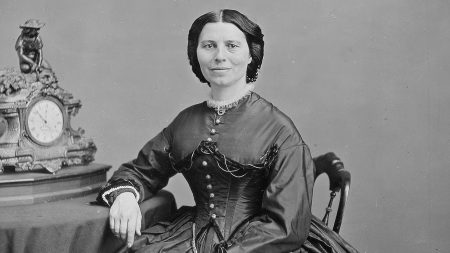Expressions and sayings with deeper meanings or interesting origin stories are commonly used in the English language. It is fascinating to learn where popular sayings such as “barking up the wrong tree” or “don’t cry over spilled milk” come from and who came up with them. A survey found some of the most annoying phrases people use in the workplace, prompting a look into the origins of a few particular sayings that are fun to know and understand. Three popular sayings and their origin stories will be explored in this article.
One of the sayings discussed is “bite the bullet,” which is used to describe a moment when someone makes a decision despite being apprehensive. The origins of this phrase are considered unconfirmed, but many sources attribute it to wartime situations where people would bite on a bullet between their teeth to deal with pain during medical procedures done without proper anesthesia. Another theory suggests that people undergoing punishment in the past would bite down on bullets to distract themselves from agony or humiliation. The idiom first appeared in writing in 1891 in Rudyard Kipling’s book “The Light That Failed.”
The phrase “like ships passing in the night” has a well-known history, originating from a poem by Henry Wadsworth Longfellow. This saying is commonly used to describe two people who are close in physical proximity but do not communicate or interact for various reasons. It can be applied to situations such as couples feeling like ships passing in the night while taking care of a newborn baby or friends who are too busy with their own responsibilities to connect. The metaphoric phrase is credited to Longfellow’s poem “The Theologian’s Tale.”
“Break a leg” is a familiar phrase used to wish someone good luck in a big moment in life, particularly before a performance or event. One theory about the origin of this phrase comes from the early days of theater, where ensemble actors were queued to perform and those not performing had to stay behind the ‘leg line’ and would not get paid. Wishing an actor to ‘break a leg’ was a way to wish them the opportunity to perform and get paid. This phrase is commonly used in the performing arts industry as a way to wish someone success before going on stage.
In conclusion, expressions and sayings play a significant role in the English language, with many popular phrases having interesting origin stories. Exploring the origins of these sayings can provide insight into their meanings and how they have evolved over time. By understanding the background of phrases such as “bite the bullet,” “like ships passing in the night,” and “break a leg,” we can appreciate the depth and richness of the language we use daily. The history behind these sayings adds a layer of complexity and interest to their usage in everyday conversations.















